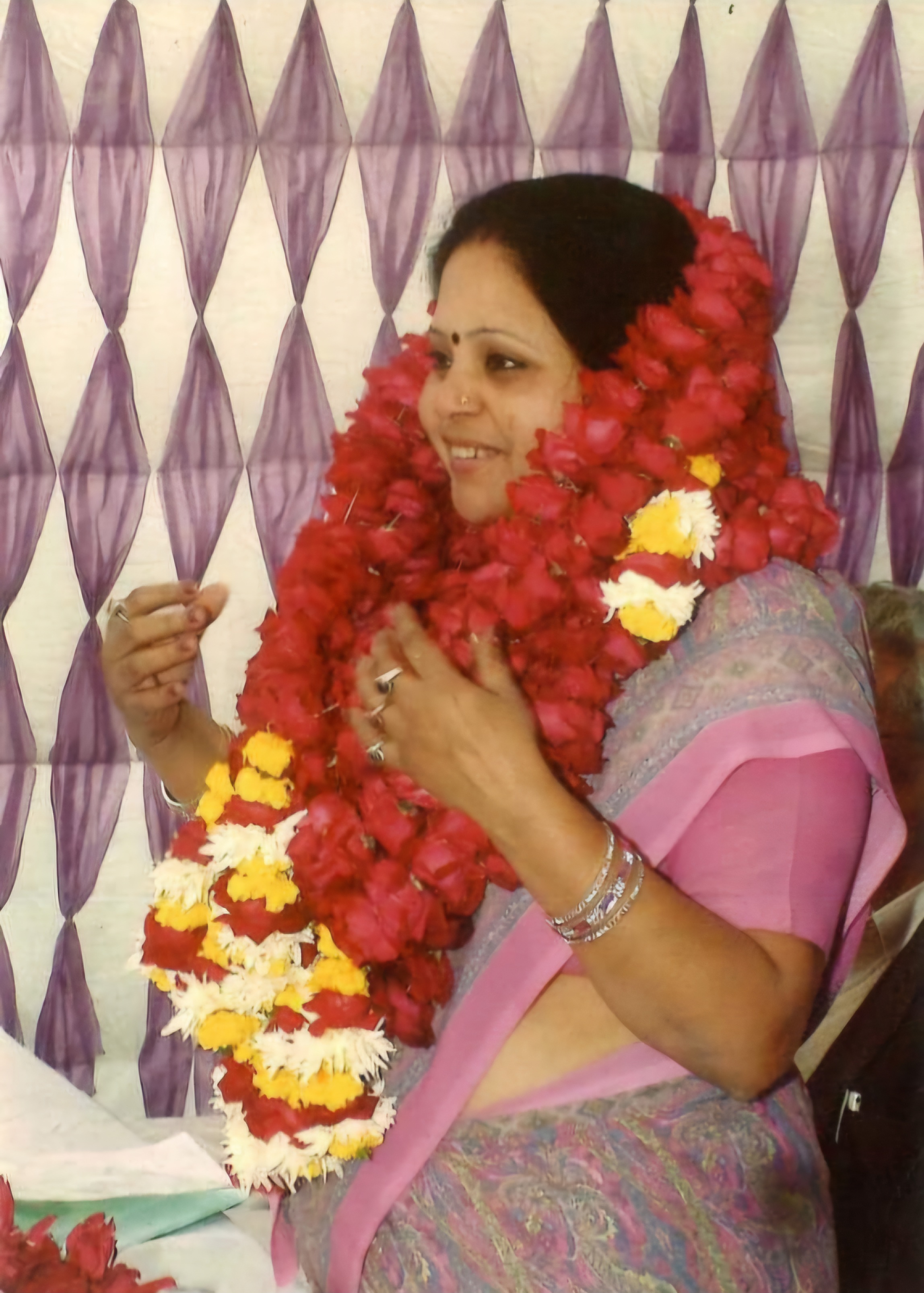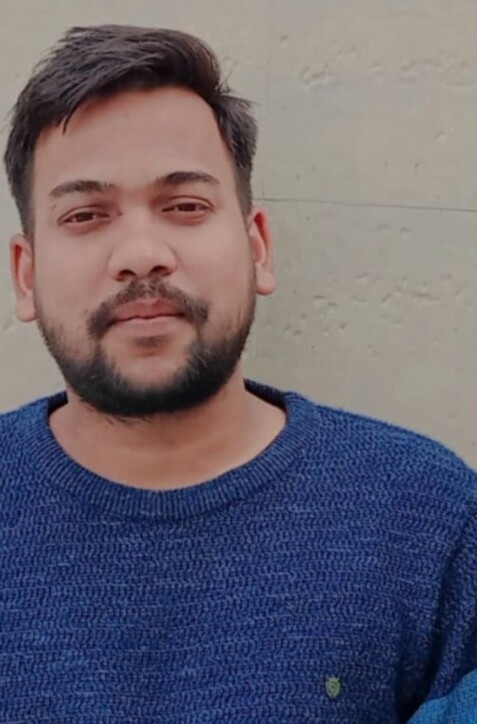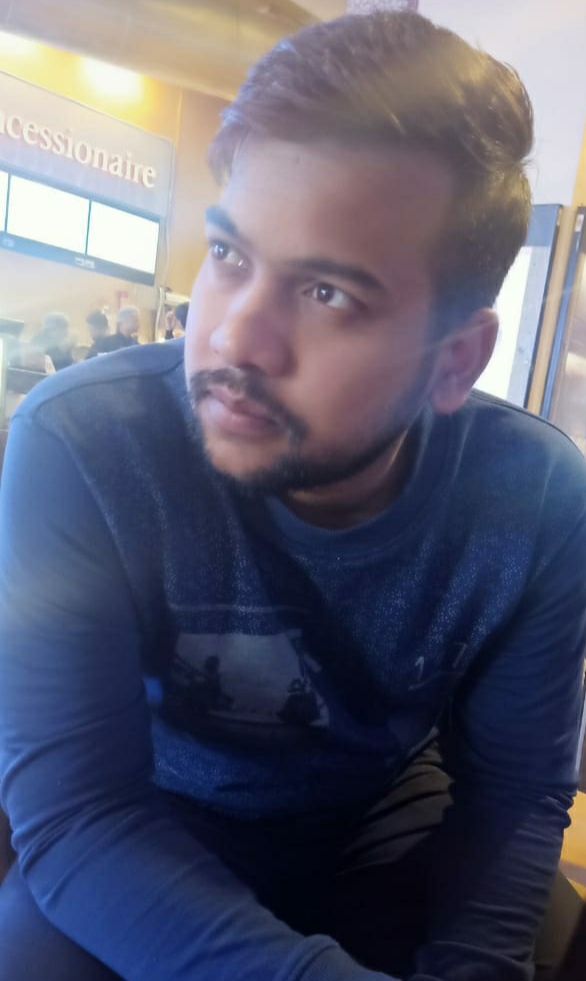To prevent violations of civil rights, petitions filed by victims will be addressed by contacting senior officials of the police and administrative departments. Efforts will be made to deliver justice. In case justice is not served, the voices of the oppressed will be raised through protests, demonstrations, newspapers, and media to ensure justice for the affected individual.
A review of the protection of civil rights and human rights will be conducted, and measures will be taken to prevent violations by forming lifelong memberships of public representatives and intellectuals at the regional level. Security centers and training units for civil and human rights will be established to rebuild India with the help of trained activists dedicated to protecting the rights of children, women, and the elderly.
Key societal pillars, including educators, lawyers, advocates, journalists, literary figures, trade unions, leaders, scientists, and film personalities, will work together with empathy to safeguard the civil and human rights of individuals from all communities and classes.
The general public will be informed about civil and human rights and their protection under the Human Rights Protection Act of 1993 and the Human Rights Act of 1993. Actions will be taken according to their provisions, rules, and periodic guidelines. Appeals will be made using the organization's name, attaching the petitioner's application for appropriate legal actions. If necessary, suggestions and requests will be sent to the President, Prime Minister, Chief Ministers of all states, and the administrative and governmental officials working under them to resolve disputes. Public awareness about the organization’s activities will also be spread. Additionally, the human race will be guided on measures to protect their rights.
Efforts will be made to encourage individuals, governmental institutions, non-governmental organizations (NGOs), and other organizations working for humanity to continue working in this direction.
At the administrative level, the district magistrate and superintendent of police, along with local police and administrative officers, will be engaged to prevent violations of civil and human rights and resolve related cases to ensure justice for the affected individuals. The district magistrate and police superintendent will provide advice and assistance in safeguarding the people of society.
By informing the state government, a study of the living conditions, facilities, and treatment standards of individuals housed in prisons or other government-controlled institutions for treatment, rehabilitation, and protection will be conducted. Recommendations for improvements will be sent to the administration and government through correspondence for implementation with greater effectiveness.






